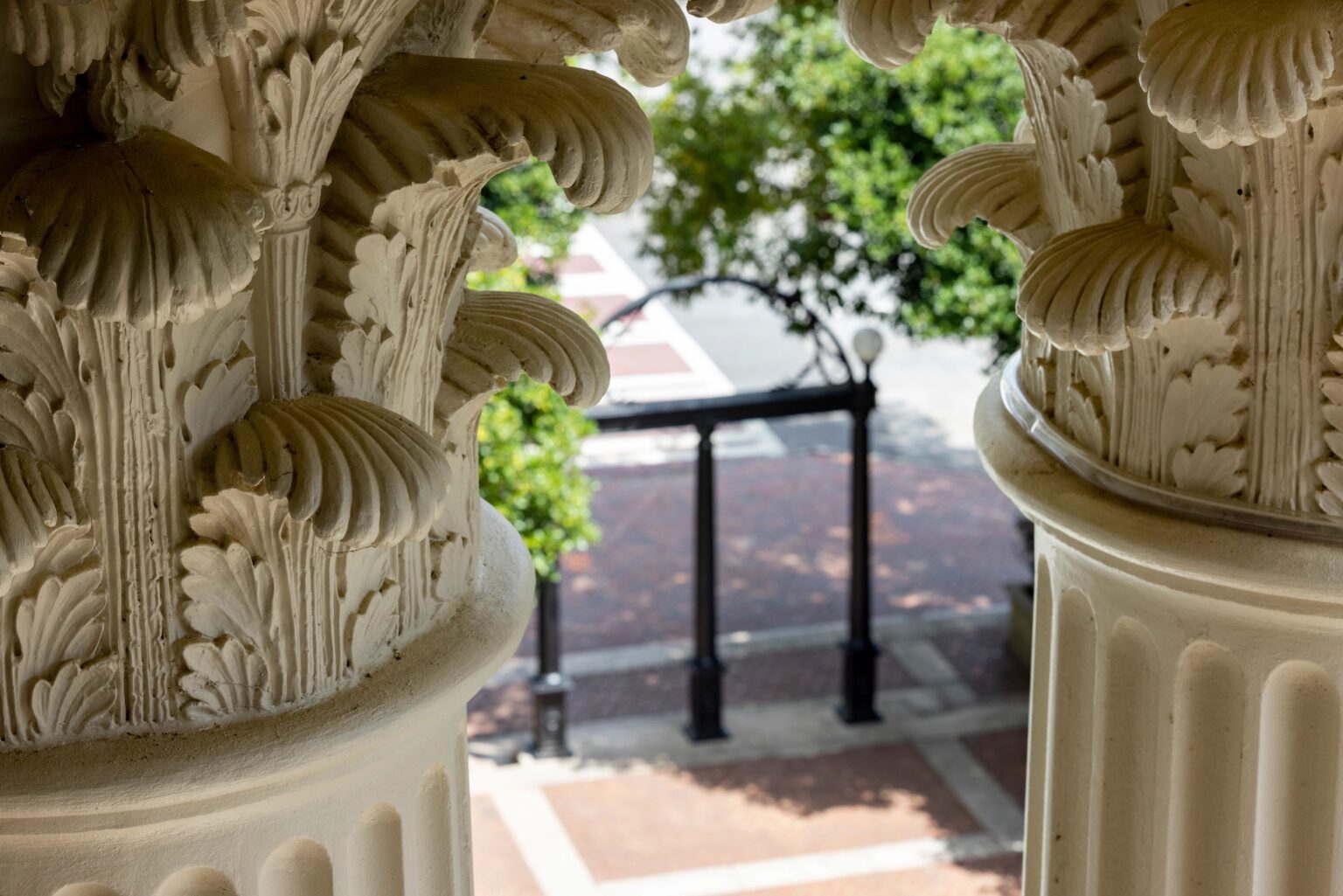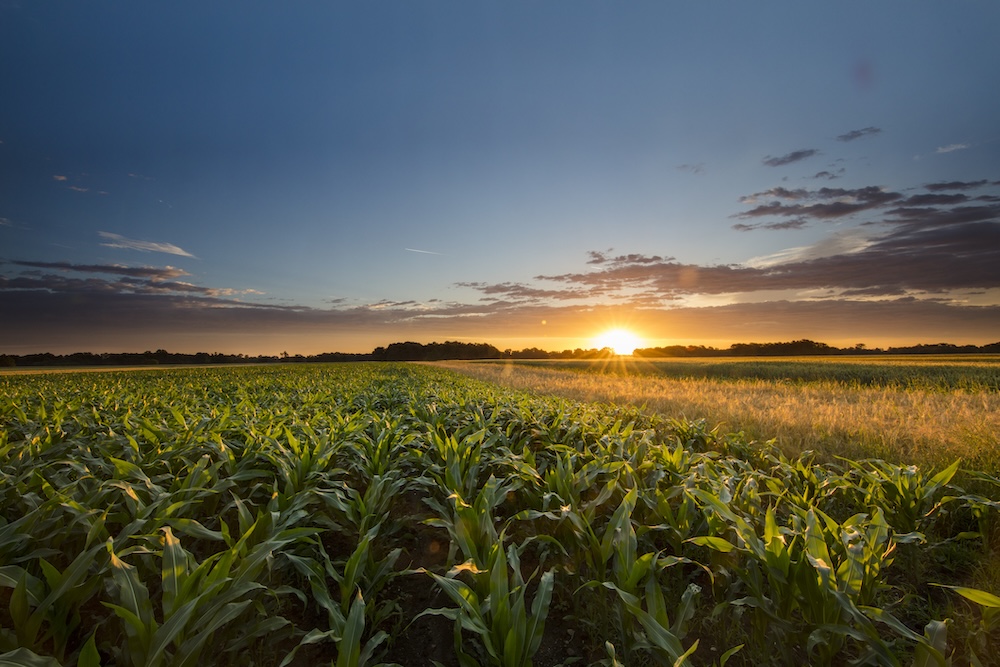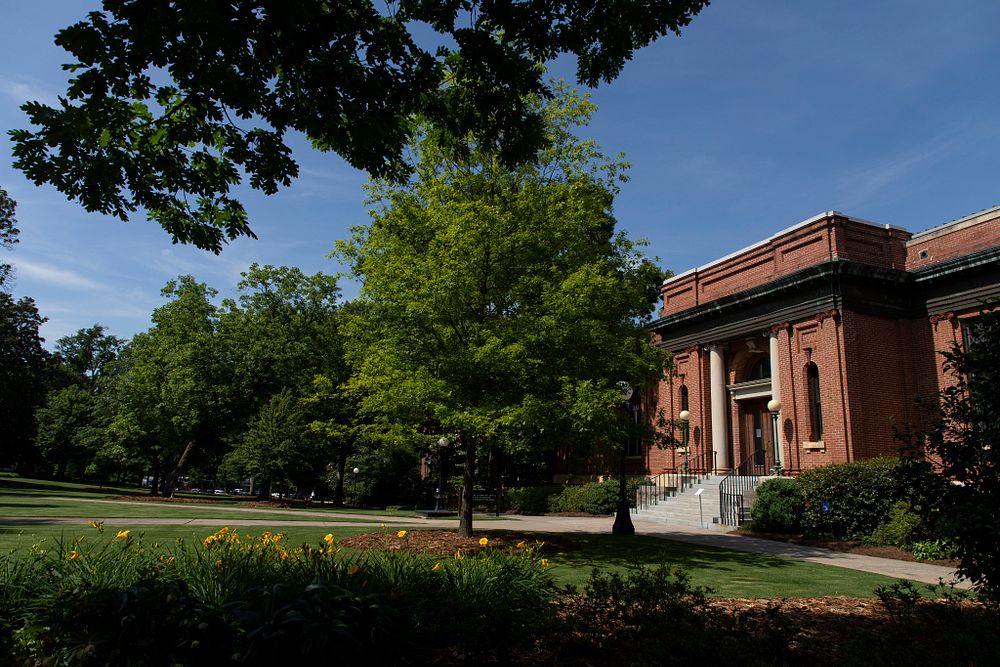New University of Georgia Cooperative Extension pecan entomologist Angelita Acebes hopes to find more effective, sustainable solutions for Georgia farmers managing pest insects.
Since March 1, when she started her new position on the UGA Tifton campus, Acebes has identified the most pressing pest problems for pecan growers, including black and yellow pecan aphids, hickory shuckworms, pecan weevils and ambrosia beetles.
For pecan growers, improved insecticide applications and biological control options provide solutions for dealing with major pest problems every year.
Acebes researches pest-control methods used by pecan farmers. Agricultural companies continuously develop new chemical applications for certain pests, and she will assess the effectiveness of these products against those pests.
She also plans to promote and enhance the use of integrated pest management (IPM) strategies against pecan pests. IPM suggests administering pesticides only when the pest reaches a damaging threshold.
Understanding the behavior of insect pests and their interactions with the environment is a vital part of Acebes’ research. It affects the development of new trapping methods and the improvement of methods already in place.
For example, prionus root borers spend between five and seven years in the soil and feed on roots. Aphids feed on foliage and produce several generations per year. Pecan weevils spend between two and three years in the soil as pupae, emerge as adults and feed on the nuts.
“These insects have different roles and occupy different habitats within one cropping system. Their developmental cycles, feeding habits and behaviors are very different from each other,” she said.
Insect predators, like ladybugs and parasites that feed on pecan aphids, are key allies for pecan producers. Acebes wants to find ways to support and enhance populations of these beneficial insects that are predators of pecan pests.
A native of the Philippines, Acebes developed an interest in entomology at a young age, when she helped her father manage the family’s small banana field. She learned about rice production by studying the neighboring rice fields, and her interest in agriculture influenced her collegiate studies.
Acebes earned a bachelor’s degree from the University of the Philippines Los Banos. She came to the U.S. to attend the University of Hawaii at Manoa (UH), where she studied biological control of aphids, soft-bodied insects that feed on plant sap, that attack important crops in Hawaii. She earned a master’s degree in entomology from UH in 2008. She continued her education at Virginia Tech (VT), where she worked closely with an invasive species, the brown marmorated stink bug. Acebes earned a doctorate in entomology from VT in 2016.
“At the time, there wasn’t much known about this pest, and I was lucky enough to be a part of the research program that studied this pest’s biology, behavior and management. I focused on how they fed, how they could survive on different host plants and move among plants, particularly on peaches and apples,” Acebes said.
She also worked as a postdoctoral researcher at the U.S. Department of Agriculture Agricultural Research Service’s Appalachian Fruit Research Station in Kearneysville, West Virginia. There, she focused on refining the traps and trapping protocol used for stink bug monitoring.
With her experience in tree fruit management, Acebes is comfortable in her new position and her role of teacher, Extension specialist and researcher.
“I’ve done all of these things, but never at the same time,” Acebes said. “I can’t wait to teach, talk to growers and use that information to facilitate my research. In turn, I hope my research will be helpful to growers, and I also aim to inspire students to become future entomologists.”
Georgia farmers can receive up-to-date information about pecan pests by visiting the UGA Pecan Extension blog at site.extension.uga.edu/pecan/.
Georgia is the nation’s largest producer of pecans. According to the UGA Center for Agribusiness and Economic Development, pecans generated more than $355.8 million in farm gate value in 2016.
Julie Jernigan is an intern at UGA-Tifton.







